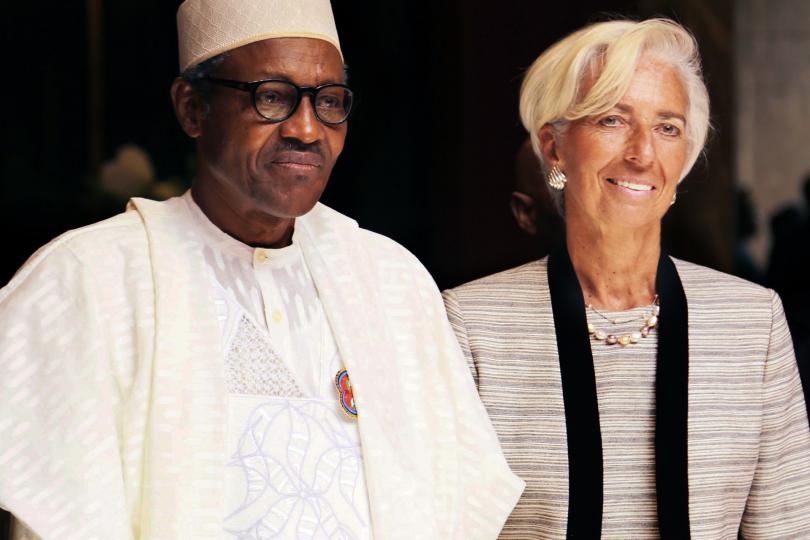This may come as confusing to many Nigerians, but despite the state of the economy, the International Monetary Fund has affirmed Nigeria as the biggest economy in Africa, just ahead of South Africa and Egypt
Nigeria was reported to have lost its spot as Africa’s biggest economy to South Africa in August 2016, following the recalculation of the country’s Gross Domestic Product.
However, the IMF’s World Economic Outlook for October 2016, puts South Africa’s GDP at $280.36billion, from $314.73billion in 2015.
Meanwhile, latest estimates from the IMF put Nigeria’s GDP at $415.08billion, from $493.83billion at the end of 2015.
Although Egypt’s 2016 data was reported as unavailable, its 2015 size remained at $330.15billion while that of Algeria, one of the largest economies on the continent, was put at $168.31billion.
Global growth is projected to slow to 3.1 percent in 2016 before recovering to 3.4 percent in 2017.
The forecast, revised down by 0.1% point for 2016 and 2017 relative to April, reflects a more subdued outlook for advanced economies following the June U.K. vote in favor of leaving the European Union (Brexit) and weaker-than-expected growth in the United States.
The International Monetary Fund also predicted that the Nigerian economy will grow by 0.6% in 2017, effectively lifting the country out of an officially declared recession.
According to the Bretton Woods institution, Nigeria has a marginal lead over South Africa and Egypt in terms of GDP. In the IMF’s WEC report released on October 5, Nigeria’s real GDP is expected to increase marginally by 0.6% with Consumer Prices rising by 17.1% also, Fitch ratings on the other hand, also projected a 2.6% growth in Nigeria’s GDP for 2017.
Nigeria’s Current Account Balance is however also forecast to slump further by 0.4% next year.
Beyond 2017, IMF expects global growth to gradually increase by 3.8% in 2021.
This recovery in global activity, which is expected to be driven entirely by emerging market and developing economies, is premised on the normalization of growth rates in countries like Nigeria, Russia, South Africa, Latin America, and parts of the Middle East.
Although the global rating agency had reduced its forecast for the country’s 2016 GDP growth to 1% from 1.5% due to weak performance in the first half of the year, Fitch believes the economy will bounce back in 2017 but with downside risks if dollar liquidity remains tight.
Furthermore, Fitch believes that dollar liquidity will not significantly improve until market participants become more comfortable with the sustainability of the exchange-rate level, which is likely to require further narrowing of the spread between the official and parallel market rates.
The rating agency also increased Nigeria’s average CPI forecast for 2016 to 14% from 11% and expects the government to secure financing from multilateral development banks and bilateral sources.

